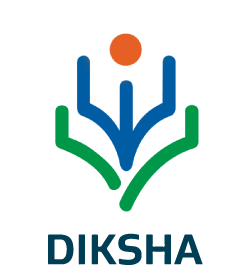Digital Citizenship, Internet Attitudes and Computer Self Efficacy: Mapping Factors Influencing Middle School Students’ Online Participation
Keywords:
Digital Behaviour, Digital Citizenship, Middle School, Digital Practices, Computer Self-Efficacy, Internet Attitude, Digital Literacy, Online Participation, Digital Access, Digital WelfareAbstract
Today’s technology, transcending barriers of space and time, has increasingly allowed our younger generations to enter a digital world and form online communities in their personal, social and educational lives. Digital citizenship is the norms and standards for appropriate and responsible online behaviour ensuring a positive, optimal, ethical, and safe use of technology. This study aims to understand middle school students’ levels of digital citizenship and its relation to their internet attitudes and perceived computer self-efficacy. It also analyses factors affecting students’ level of digital citizenship. A survey of 385 middle school students studying in grades 6, 7 and 8 of private schools in Delhi was conducted. The results reveal that students’ grade level but not gender influences their digital citizenship level. Students’ internet attitudes and computer self efficacy were positively correlated to their levels of digital citizenship. The paper ends with educational implications for educators and curriculum designers.








